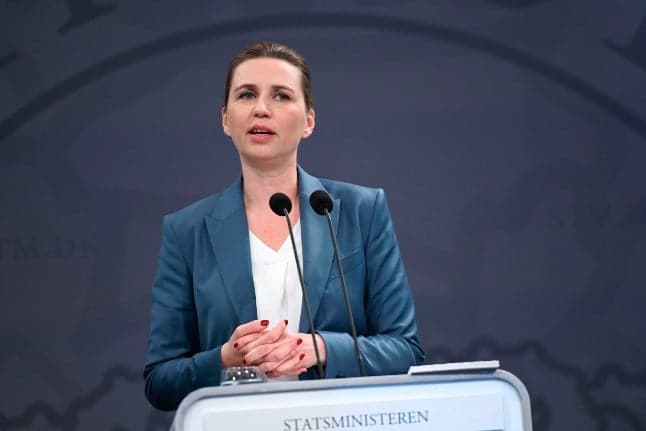Danish PM to speed up reopening after 'better numbers than we dared hope for'

Danish Prime Minister Mette Frederiksen has said that her government will move more rapidly in lifting the country's coronavirus restrictions after the lockdown measures showed a greater than expected impact.
The judgement of the Danish Health Authority is that we can open a little bit more, we can make phase one [of the reopening] a little bit bigger," Frederiksen said at the press conference. "This will of course be done responsibly and carefully."
"The numbers are better than we would have dared hope for. The contract we have have managed to enter into together. It seems to have brought benefits."
Frederiksen said that the government would negotiate extending the reopening into new areas in a meeting with other political parties on Tuesday evening.
"There we hope to hear what the parties want. Then we will ask the health authorities to calculate the contagion effect of the various proposals. Then we will make a political agreement. Against this background, we do not want to be more concrete now," she said.
This story will be updated.
Comments
See Also
The judgement of the Danish Health Authority is that we can open a little bit more, we can make phase one [of the reopening] a little bit bigger," Frederiksen said at the press conference. "This will of course be done responsibly and carefully."
"The numbers are better than we would have dared hope for. The contract we have have managed to enter into together. It seems to have brought benefits."
Frederiksen said that the government would negotiate extending the reopening into new areas in a meeting with other political parties on Tuesday evening.
"There we hope to hear what the parties want. Then we will ask the health authorities to calculate the contagion effect of the various proposals. Then we will make a political agreement. Against this background, we do not want to be more concrete now," she said.
This story will be updated.
Join the conversation in our comments section below. Share your own views and experience and if you have a question or suggestion for our journalists then email us at [email protected].
Please keep comments civil, constructive and on topic – and make sure to read our terms of use before getting involved.
Please log in here to leave a comment.